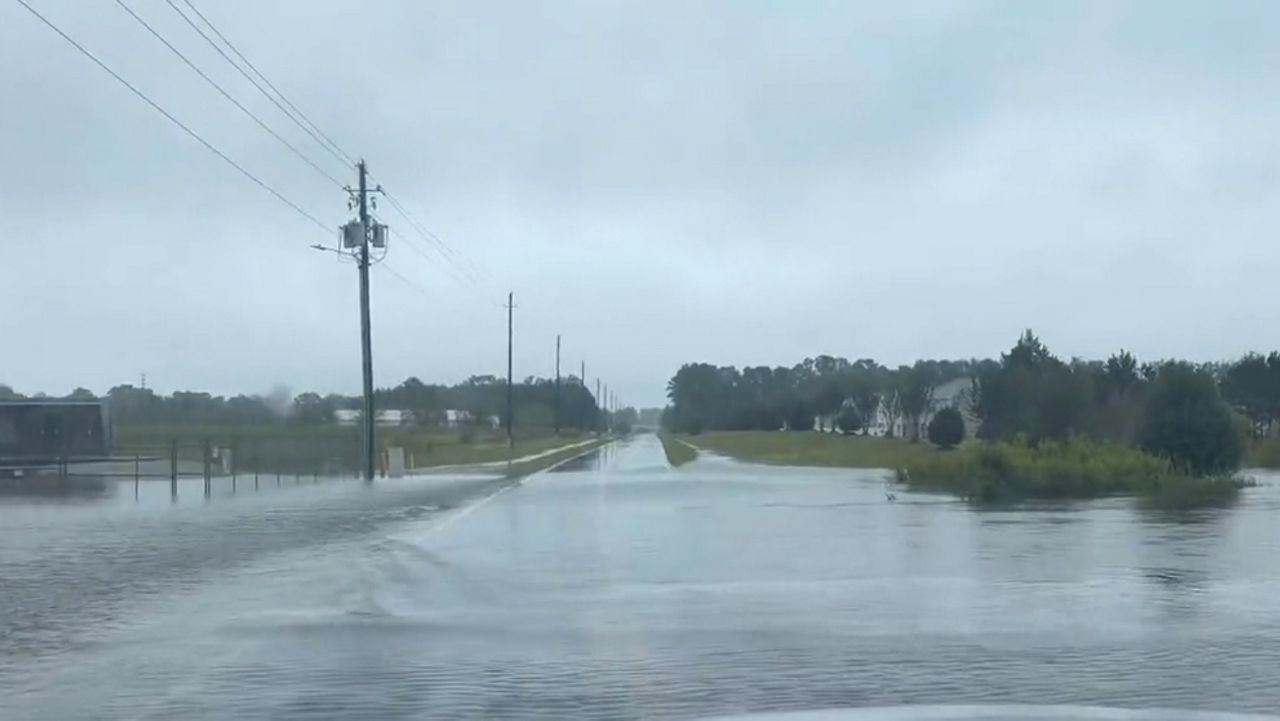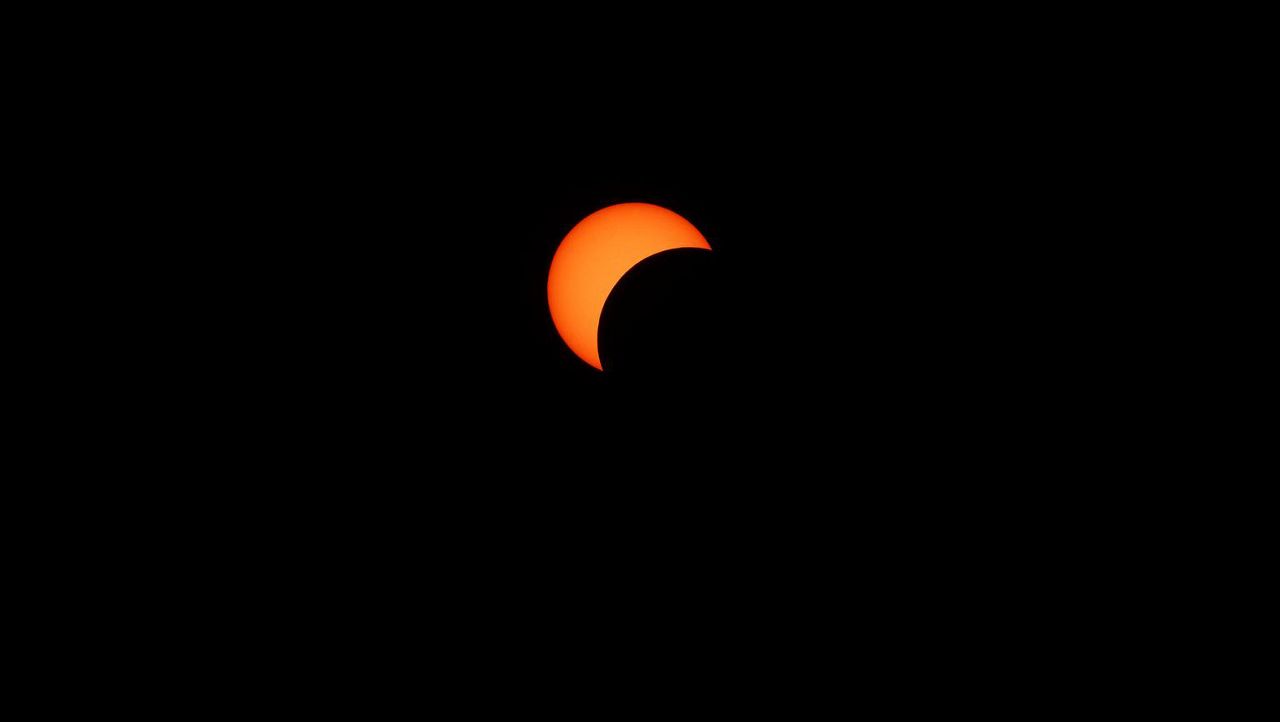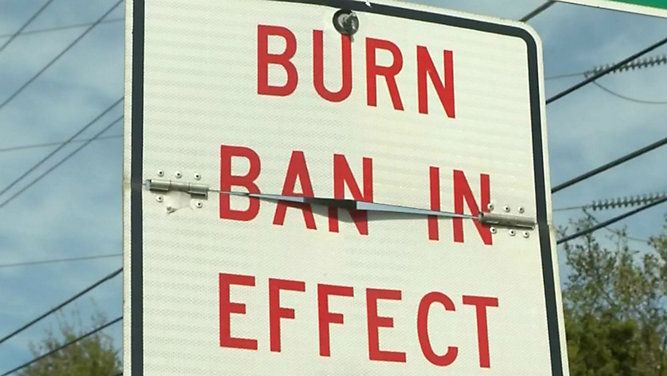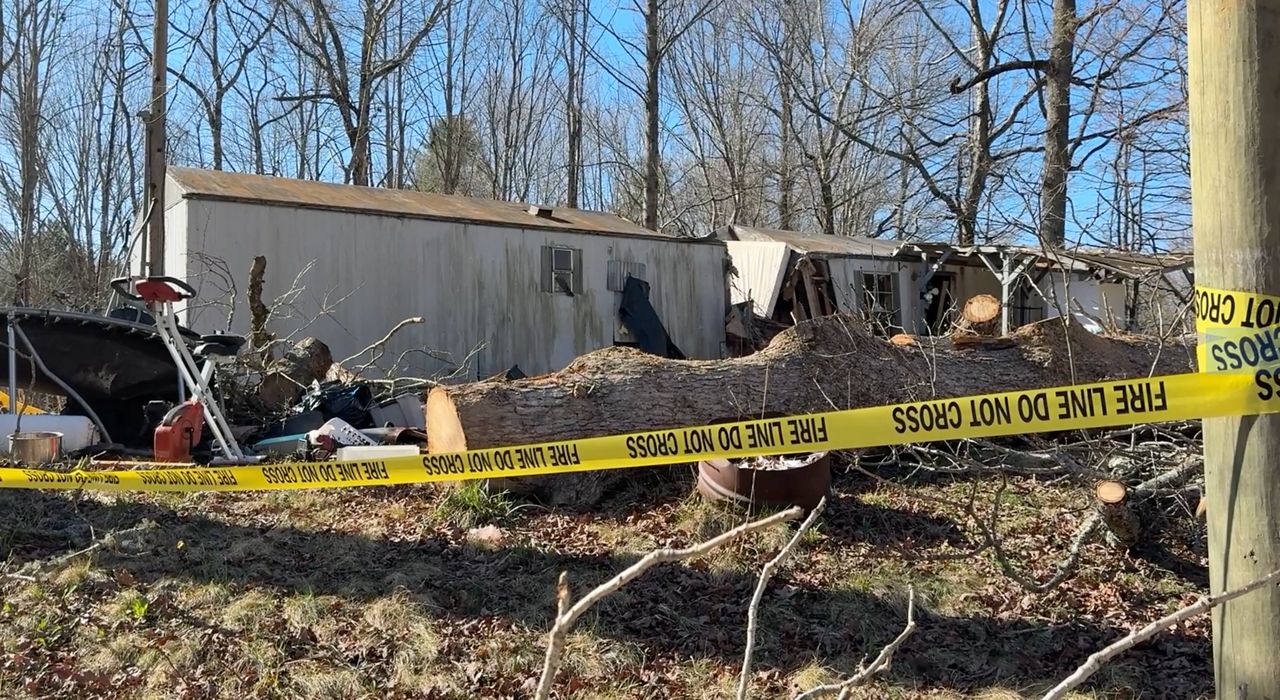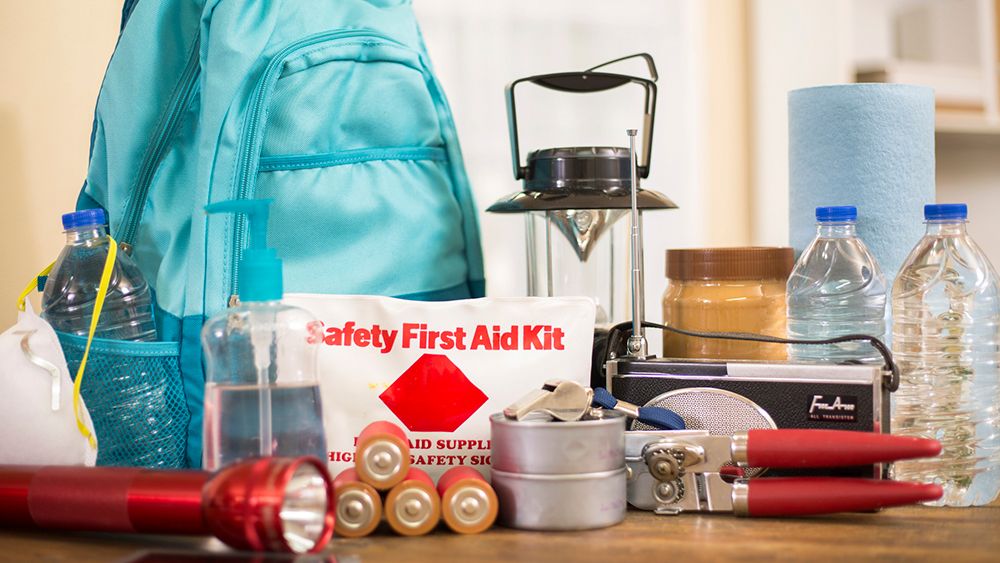Residents in parts of coastal North Carolina and Virginia experienced flooding Saturday after Tropical Storm Ophelia made landfall near a North Carolina barrier island, bringing rain, damaging winds and dangerous surges.
The storm came ashore near Emerald Isle with near-hurricane-strength winds of 70 mph about 6:15 a.m. but weakened as it traveled north Saturday, the U.S. National Hurricane Center said. Ophelia is expected to sweep northeast Sunday along the mid-Atlantic coast to New Jersey.
Videos from social media showed riverfront communities in North Carolina such as New Bern, Belhaven and Washington experiencing significant flooding. The extent of the damage was not immediately clear.
More than a dozen roads in Greenville, N.C., were closed around midday because of flooding, the town's police department said.
Ophelia promises a weekend of windy conditions and heavy rain as it churns up the East Coast, with the storm moving north at about 12 mph as of Saturday evening. Parts of North Carolina and Virginia can expect up to 5 inches of rain, with 1 to 3 inches forecast in the rest of the mid-Atlantic region through Sunday.
Philippe Papin, a hurricane specialist with the NHC, said the primary risk of the storm system over the next couple of days will be the threat of floods from the rain.
“There have been tropical storm-force winds observed, but those are starting to gradually subside as the system moves further inland,” Papin said early Saturday. “However, there is a significant flooding rainfall threat for a large portion of eastern North Carolina into southern Virginia over the next 12 to 24 hours.”
Power outages spread through more states beyond North Carolina, where thousands of homes and businesses remained without electricity across several eastern counties as of Saturday evening, according to poweroutage.us, which tracks utility reports.
“When you have that slow-moving storm with several inches of rain, coupled with a gust that gets to 30, 40 mph, that’s enough to bring down a tree or to bring down limbs," Duke Energy spokesperson Jeff Brooks told WTVD-TV on Saturday. "And that’s what we’ve seen in most of the areas where we’ve experienced outages.”
Brian Haines, a spokesperson for the North Carolina Division of Emergency Management, said there were reports of downed trees but no major road closings.
“North Carolina Emergency Management continues to monitor the situation and to work with our county partners, who are currently not reporting any resource needs,” Haines said Saturday morning.
A storm surge warning, indicating danger from rising ocean water pushed inland by Ophelia, was in effect from Ocracoke Inlet, North Carolina, to Chincoteague, Virginia. Surges between 3 and 5 feet were forecast in some areas. A tropical storm warning was issued from Cape Fear, North Carolina, to Fenwick Island, Delaware.
At the southern tip of North Carolina's Outer Banks, Carl Cannon Jr. said he hopes he can salvage some of this weekend's long-running Beaufort Pirate Invasion, a multiday event centering on the 1747 Spanish attack on the town. Three ships battle it out and attack the shore, and Blackbeard even gets beheaded, he said.
But the storm's winds tore down the big tent for a banquet that was planned for Saturday and several other tents were damaged or shredded. Cannon worries the financial hit will be significant, even with people helping clean up and offering to run online fundraisers.
“It's been pretty devastating,” said Cannon, CEO and commander of the nonprofit running the event. “I'm just hoping that we somehow will be able to recover.”
Cannon also hopes that soggy, windy conditions will allow for pirate re-enactors to clash Sunday in Beaufort.
“If I can get the boats out there, we will have an attack and the people will fight on the shore,” he said.
The governors of North Carolina, Virginia and Maryland each declared a state of emergency on Friday.
It is not uncommon for one or two tropical storms, or even hurricanes, to develop right off the East Coast each year, hurricane center director Michael Brennan said.
“We’re right at the peak of hurricane season, we can basically have storms form anywhere across much of the Atlantic basin,” Brennan said Friday.





